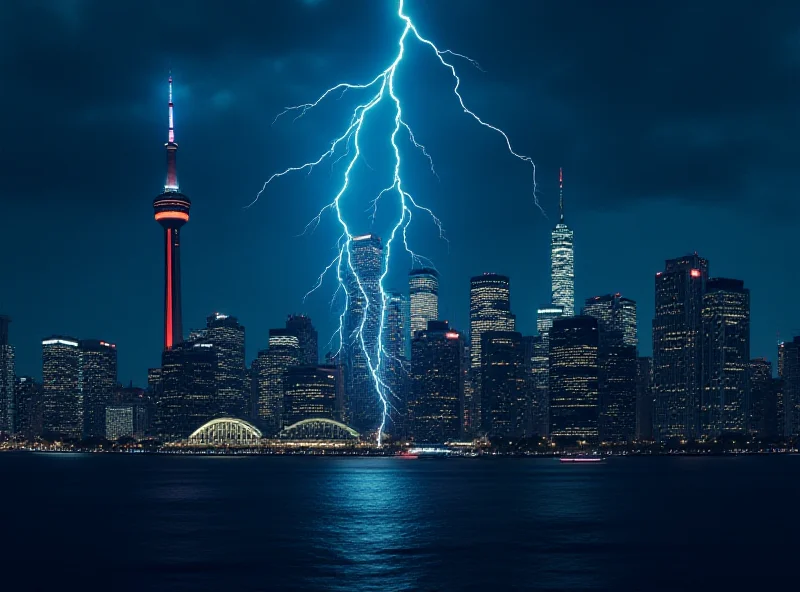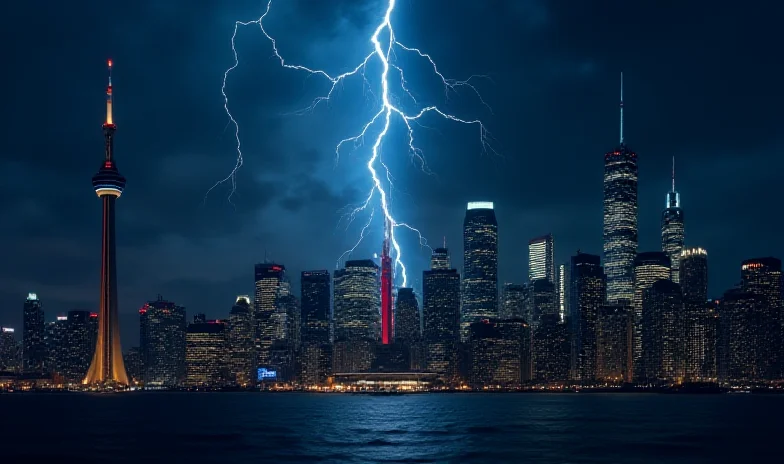The world stage is currently a complex tapestry woven with threads of trade disputes, humanitarian concerns, and diplomatic maneuvers. From Canada's threat to cut power to the US amidst tariff battles, to Belarus's proposal for Ukraine-Russia peace talks and the plight of Uyghurs deported from Thailand, here's a look at some of the most pressing political developments.
Canada vs. US: A Power Struggle
Tensions between Canada and the United States are escalating, with Canadian Premier Doug Ford issuing a stark warning. "We're going to win this war," Ford declared, referring to the ongoing tariffs battle. The Premier suggested that Canada might resort to cutting power supplies to the US as a retaliatory measure. This bold statement underscores the severity of the trade dispute and the potential for significant economic repercussions on both sides of the border.

Adding another layer to the Canadian political landscape, a record-breaking 37 Indian-origin candidates are vying for seats in the upcoming Ontario election. Among them are key figures like Prabhmeet Singh Sarkaria, Amarjit Singh Sandhu, Hardeep Grewal, Nina Tangri, and Deepak Anand, all of whom held positions in the Doug Ford government and are seeking re-election. This unprecedented level of representation highlights the growing diversity and political engagement within Ontario's Indian diaspora.
Belarus Offers a Neutral Ground
In Eastern Europe, Belarus President Alexander Lukashenko has stepped forward with a proposal to host peace talks between Ukraine and Russia. This initiative aims to provide a neutral venue for negotiations, potentially easing the tensions that have plagued the region for years. The proposal comes at a crucial time, as international attention remains focused on finding a lasting resolution to the conflict.
The involvement, or at least the expressed interest, of global figures like the United States and former President Donald Trump suggests that external influences could play a significant role in the future of these diplomatic efforts. Whether Lukashenko's offer will be accepted remains to be seen, but it represents a potentially important step towards de-escalation.

The Uyghur Crisis: A Humanitarian Concern
The humanitarian crisis surrounding the Uyghur population continues to draw international scrutiny. Reports indicate that Canada and the United States offered to resettle 48 Uyghurs who were being held in detention in Thailand. However, Bangkok reportedly refrained from taking action, fearing repercussions from China, where the Uyghurs were subsequently deported.
Thailand's decision to proceed with the deportation, despite calls from United Nations human rights experts, has sparked widespread criticism. The situation highlights the delicate balance between national interests and adherence to international human rights obligations. "This is a clear violation of international law," stated a UN spokesperson. "We urge all nations to uphold their commitments to protecting vulnerable populations."

These seemingly disparate events – the potential for power cuts between Canada and the US, Belarus's peace talk proposal, and the Uyghur resettlement issue – are all interconnected threads in the complex fabric of global politics. They serve as a reminder of the challenges and opportunities that lie ahead as the world navigates an increasingly uncertain future.
